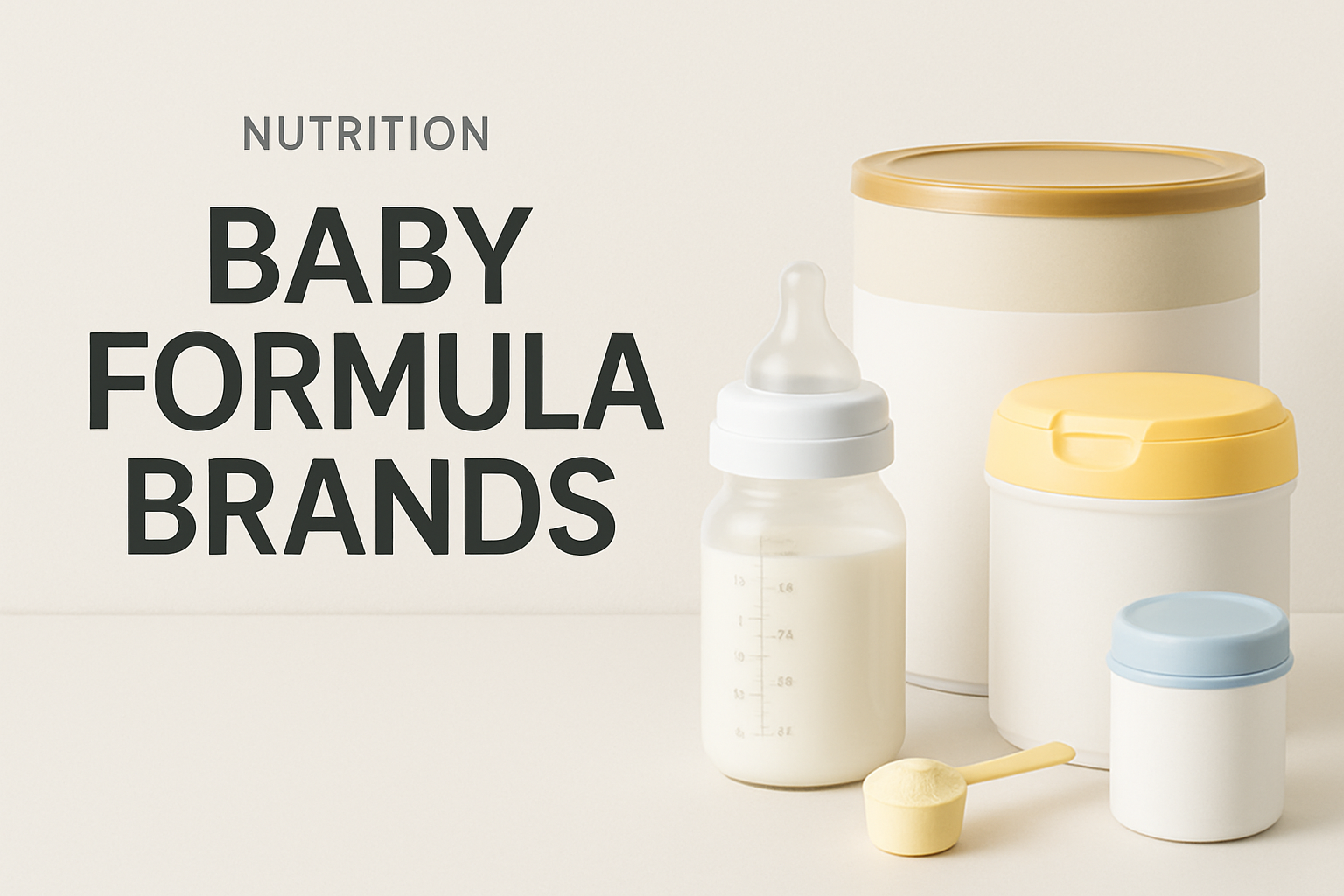
Baby formula brands are a type of infant nutrition that is specifically designed to meet the nutritional needs of babies. It’s made from various ingredients, including milk-based proteins, carbohydrates and fats. The composition of baby formulas varies widely among different brands. Some contain additional vitamins and minerals while others may have added probiotics or prebiotics – substances which help promote healthy digestive systems in infants.
When it comes to choosing a brand, parents should be aware of what their baby requires nutritionally as well as any specific health conditions they may have that could affect their ability to digest certain foods. They should also consider taste preferences and cost when making their decision. Ultimately, finding the right brand for your little one will likely take some trial and error so don’t get discouraged if you need to try out several before you find one your little one loves!
Types Of Formula
When it comes to choosing a baby formula, there are several options available. The most common types of formulas include cow’s milk-based, soy-based and hypoallergenic formulas. Cow’s milk-based formula is the closest to breastmilk in terms of nutrition and will often be the first choice for babies who don’t have any allergies or digestive issues. Soy-based formula is recommended if your baby has an allergy to cow’s milk protein, while hypoallergenic formulas are specially formulated with partially broken down proteins that can help prevent allergic reactions from developing.
It’s important to talk to your doctor about which type of formula might be best for your child since not all brands offer every type of formula. Additionally, each brand may also produce variations within their product lines such as organic or added DHA/ARA supplements. Ultimately, you’ll want to choose a formula that meets your needs and fits into your budget.
Nutritional Requirements
When it comes to baby formula, nutrition is key. It’s essential that parents understand the nutritional needs of their infant and choose a baby formula that meets those needs. From vitamins, minerals, calcium, and more, there are many elements in baby formulas that an infant requires for optimal growth and development.
The truth is: not all brands offer the same quality ingredients or even meet the recommended daily allowances set forth by health organizations. Therefore, when choosing a brand for your precious little one, it’s important to consider what each specific baby formula offers nutritionally:
- Calcium – helps build strong bones and teeth
- Vitamins A & D – aids in healthy eyesight and immunity
- Iron – supports physical growth
It takes time to research which brand best suits you and your child’s individual needs; however, it can be well worth it in helping ensure your bundle of joy gets off to a good start! Sizable differences exist between various products on the market today so carefully evaluate labels before making your choice. Be sure to ask questions if something isn’t clear – no question is too small when it comes to protecting your family’s wellbeing!
Labeling Regulations
Now that we have examined the nutritional requirements of baby formula, let’s take a look at labeling regulations. When looking for infant formulas, it is important to pay close attention to the label because this will provide you with vital information about what your chosen brand offers.
Every country has its own set of rules and regulations in regards to labeling when marketing an infant formula product. In the United States, all labels must include specific information such as: how much protein or fat content there is in each serving size, any vitamins or minerals added to meet nutrient standards, as well as warnings regarding potential allergies from certain ingredients used. It is also necessary for companies to list out exactly which ingredients are included in their products so parents can make informed decisions about what type of formula works best for their little one. Additionally, many brands are required by law to include a toll-free number on labels where people can call if they have questions or concerns about their particular choice of formula.
With proper research and knowledge of labeling regulations, parents should be able to find the right baby formula that meets both their needs and those of their child’s health and development. Knowing what goes into each product ensures that babies get everything they need nutritionally while avoiding potential allergens and other unwanted substances. With just a few simple steps, finding the right brand becomes easier than ever before!
Food Safety And Quality Standards
When it comes to baby formula brands, food safety and quality standards are of the utmost importance. All reputable companies should adhere to stringent requirements for their products in order to ensure that babies receive only the best nourishment.
To help consumers make informed decisions about which brand is right for them, here’s a breakdown of what each company offers:
| Brand | Safety & Quality Certifications |
|---|---|
| Enfamil | American Academy of Pediatrics approved; ISO 9001 certified |
| Similac | FDA-approved; Kosher certified |
| Gerber | NSF International Certified; USDA Organic seal |
| Earth’s Best | Non GMO verified by The Non-GMO Project; USDA organic certification |
These certifications guarantee that each product meets specific guidelines and has been thoroughly tested for quality control. Additionally, all formulas have undergone extensive testing to verify that they meet nutritional recommendations set forth by the World Health Organization (WHO) and other health organizations. With this knowledge, parents can rest assured knowing their infant will be receiving safe, nutritious baby formula from a trusted source.
Baby nutrition is paramount when it comes to caring for an infant; careful consideration must be given to the type of formula chosen as well as its ingredients and production process. Each of these aspects contribute greatly to providing your child with high-quality nutrition while also ensuring their overall health and wellbeing.
Popular Brands
When it comes to choosing the best baby formula brands, parents have a lot of options. From organic and all-natural formulas to those that are fortified with vitamins and minerals for optimal health, there’s something out there for everyone. With so many choices on the market, however, it can be hard to determine which option is right for your child. That’s why it pays to do your homework before you buy – understanding what ingredients are included in each brand will help you make an informed decision about which formula best fits your family’s needs.
Organic formulas boast only certified organic ingredients like milk proteins sourced from cows raised without antibiotics or hormones. All-natural formulas include natural ingredients such as vegetable oils instead of artificial flavors and colors. Some brands also add nutrients such as iron, omega-3 fatty acids, probiotics and prebiotics to enhance nutritional benefits even further. Many products also offer specialized formulations for babies with special dietary considerations due to allergies or sensitivities.
No matter which type of formula you choose for your little one, quality should always come first! Be sure to read labels carefully when shopping around so you know exactly what goes into each bottle – this way you can rest assured knowing that your infant is getting the safest and most nutritious nutrition available.
Organic Options
Organic baby formula is an excellent option for parents who want to give their babies the healthiest nutrition. Organic formulas are made with ingredients that come from certified organic sources and have not been exposed to pesticides or other chemicals. Many brands offer a variety of organic options, including cow’s milk-based formulas, soy-based formulas, goat’s milk-based formulas, and even vegan options. Each type has its own unique benefits and should be considered carefully when making a choice.
When selecting an organic formula, it’s important to read labels carefully to ensure you’re buying a product that meets your needs. Some organic formulas may contain added sugars or artificial preservatives, which can compromise the quality of the product. Additionally, some brands use genetically modified organisms (GMOs) as part of their production process – be sure to look out for this too if avoiding GMOs is important to you. With careful research and consideration given to each brand’s features and specifications, parents can make an informed decision on what type of organic formula they choose for their little one.
Dairy-Free Alternatives
If you’re looking for a dairy-free alternative to traditional baby formula brands, navigating the options can seem like trying to find your way through a dense forest — there are so many choices and all of them have their own unique benefits. As an expert in baby formulas, allow me to guide you along this path.
First off, it’s important to understand that most non-dairy alternatives don’t contain lactose or cow’s milk proteins. Instead they use ingredients like soy protein isolate, coconut oil, and other nut oils as sources of nutrition. These products also typically have added vitamins, minerals, DHA/ARA (which is essential for brain development), probiotics and prebiotic fibers for digestive health. Here are some popular dairy-free infant formulas:
- Enfamil ProSobee Soy Infant Formula
- Similac Alimentum Hypoallergenic Non-GMO Baby Formula
- Gerber Good Start Soy Non-GMO Powder Infant Formulas
Ultimately, when deciding which product to buy for your little one it’s best to consider both the nutritional value and cost effectiveness of each option. Allergy testing may also be needed before settling on a particular brand – consult with your doctor if necessary. With careful consideration and research into these items, you will be able to choose the perfect formula suited specifically for your child’s needs!
Soy-Based Formulas
Soy-based formulas are a popular choice for parents who want to provide their baby with an alternative to cow’s milk. These formulas can be used from birth and offer nutrients that mimic those found in breastmilk. Soy-based formula is suitable for babies with lactose intolerance, as it does not contain any dairy products. In addition, soy-based formulas tend to be more affordable than other types of infant formula.
However, some studies have shown that introducing high concentrations of phytoestrogens (plant hormones) into a baby’s diet may disrupt normal hormonal development. Therefore, before choosing a soy-based formula, you should discuss the possible risks and benefits with your pediatrician. They will help you decide if this type of formula is right for your little one.
Pros And Cons Of Different Formulas
As the saying goes, one size does not fit all. Different baby formula brands provide different ingredients and nutrients to ensure babies are getting what they need. Exploring the pros and cons of each type is an important step in finding the best option for your child.
The first thing to consider when looking at formula options is whether it should be a cow’s milk or plant-based variety. Cow’s milk formulas offer convenience as well as iron, choline, and other essential vitamins that can help with brain development. Plant-based varieties are dairy free, which can be useful for those who have allergies or sensitivities to lactose and may also come fortified with probiotics to support digestive health.
When deciding between various types of formulas, it’s important to look into the details such as protein sources, fatty acid content, carbohydrate levels, added sugar, etc. It’s also recommended to read labels carefully since some brands may contain preservatives like sodium selenite or carrageenan – both of which could cause inflammation in babies if consumed too much over time. Finally, always make sure you check expiration dates and follow storage instructions exactly so that your little one gets optimal nutrition from their formula every day.
Cost Comparison
Now that you have a better understanding of the pros and cons associated with each type of baby formula, it’s time to consider cost. When it comes to budgeting for your family, price is always an important factor. Fortunately, there are several brands offering quality products at competitive prices.
When choosing which brand to purchase, compare the unit prices rather than just the overall costs when shopping in bulk. Many companies offer discounts or coupons when purchasing large quantities but might not be as economical if looking only at the total expense. Additionally, look for special offers such as free samples or buy-one-get-one promotions that could help save money over time. Ultimately, choose a product that fits within your budget without sacrificing nutrition and safety standards.
Environmental Impact Of Formula Use
The environmental impact of baby formula brands is an important issue. It’s essential to consider the sustainability and recyclability of packaging materials for every baby formula brand on the market today. For example, some companies are now offering their products in eco-friendly containers that can be recycled or reused. Additionally, many formulas come in concentrated form which reduces the amount of product needed per serving and thus ultimately helps reduce waste.
It’s also important to look at the ingredients used in each formula. Many popular baby formula brands contain organic ingredients that are grown without harmful pesticides or chemicals, which not only ensures a safe product but also limits potential negative impacts on the environment. Furthermore, certain formulas may include probiotics that offer additional health benefits while being friendly to our planet as well.
By considering these factors when choosing a baby formula brand, parents can have greater confidence knowing they’ve made an environmentally conscious decision for their child’s nutrition needs.
Preparation Tips
Now that you are aware of the environmental impact of formula use, let’s move on to discussing preparation tips. Preparing baby formula is an important step in ensuring your little one gets all the nutrition they need. Here are some helpful guidelines when preparing and using infant formula:
Always consult a doctor before starting or changing formula brands – this ensures you have selected the right type for your baby’s dietary needs and health considerations. When preparing powdered formulas, always measure carefully according to instructions given on the label by using scoops provided with each canister. If no scoop comes with it, then use measuring spoons instead. Always check the temperature of prepared formula before feeding; if too hot, cool down by running cold water over the bottle until desired temperature is reached. Be sure to discard any leftover formula after feedings as bacteria can grow quickly within two hours at room temperature – even quicker when stored in warm temperatures.
It is also essential to clean bottles and nipples between uses by washing them well with soap and warm water; alternate sterilization methods such as boiling may be used but should not replace proper cleaning practices. Following these steps will help ensure your baby receives safe and nutritious meals every time!
Advice From Experts
When it comes to selecting the right baby formula for your little one, expert advice can be invaluable. Many parents benefit from hearing about the top-rated formulas on the market and what kind of nutritional benefits they offer. With all that in mind, here are a few tips to help you make an informed decision when choosing a brand of baby formula:
First, look at labels carefully. Pay close attention to ingredients and check if there are any potential allergens listed. Also research whether or not certain additives have been linked to health issues and consult with your doctor as necessary. Additionally, consider which type of formula is best suited for your child’s age, dietary restrictions, and lifestyle needs. Whether you’re looking for something organic or non-GMO, there are plenty of options available.
Finally, take into account feedback from other parents who have used particular brands before. Asking questions online can provide helpful information about how various products compare in terms of taste and nutrition value. Ultimately, this will allow you to make the most informed decision possible regarding which baby formula brand is perfect for your family situation!
Choosing The Right Brand For Your Baby
Now that you have heard from the experts and know what to look for in a baby formula brand, it’s time to decide which is right for your little one. With so many brands on the market today, this can be an overwhelming task. The key is to read labels carefully and compare each brand’s nutritional content and ingredients.
It’s also important to consider any special dietary needs of your child or potential allergies. If your baby has trouble digesting lactose, then you will want to find a lactose-free formula. Additionally, if there are prebiotics or probiotics listed as ingredients, these can help support healthy digestion and immune system development. After reviewing all of these factors, you should be able to make an informed decision about which baby formula brand best suits your needs.
Conclusion
As a baby formula brand expert, I understand that choosing the right formula for your baby can be a daunting task. It’s important to remember that there is no one-size-fits-all solution when it comes to infant nutrition; each child has their own individual needs and preferences. That said, by taking into consideration factors such as nutritional requirements, labeling regulations, food safety standards, environmental impact and preparation tips from experts, you can make an informed decision about which formula best suits your little one.
I often like to tell parents this story: my niece was born with some medical issues that made feeding her difficult. We tried several different formulas but none of them seemed to work until we found a specialty organic blend specifically tailored towards infants facing similar challenges. She’s been thriving ever since! Seeing how much of a difference the right formula can make in my niece’s life illustrates just how significant these decisions are – not only for ensuring optimal health now but also laying down foundations for long term development moving forward.
Ultimately, finding the ideal baby formula requires careful research and consultation with professionals such as pediatricians or dieticians who specialize in nutrition during infancy. With patience and persistence you’ll find the perfect fit for both you and your baby – trust me, it will be worth all the effort!
Frequently Asked Questions:
What are the common types of baby formula available?
The most common types of baby formulas include cow's milk-based, soy-based, and hypoallergenic formulas. Cow's milk-based formula is the closest to breastmilk in terms of nutrition, soy-based formula is recommended for babies allergic to cow's milk protein, and hypoallergenic formulas contain partially broken down proteins to prevent allergic reactions.
What should parents consider when choosing a baby formula brand?
Parents should consider their baby's nutritional needs, any specific health conditions, taste preferences, and cost. It's also important to consult a doctor to ensure the chosen formula meets the baby's dietary requirements and to check for potential allergens or additives.
What are some key nutritional elements to look for in baby formula?
Key nutritional elements in baby formula include calcium for strong bones and teeth, vitamins A and D for healthy eyesight and immunity, and iron for physical growth. Parents should also check for added probiotics or prebiotics to support digestive health.
Are there organic or dairy-free alternatives for baby formula?
Yes, there are organic baby formulas made from certified organic ingredients without pesticides or chemicals. Dairy-free alternatives include soy-based formulas and hypoallergenic options for babies with lactose intolerance or milk protein allergies.
How can parents ensure the safety and quality of baby formula?
Parents should look for formulas that meet safety and quality certifications such as FDA approval, USDA Organic seal, or Non-GMO verification. Reading labels carefully, checking expiration dates, and following proper preparation and storage guidelines are also essential for safety.

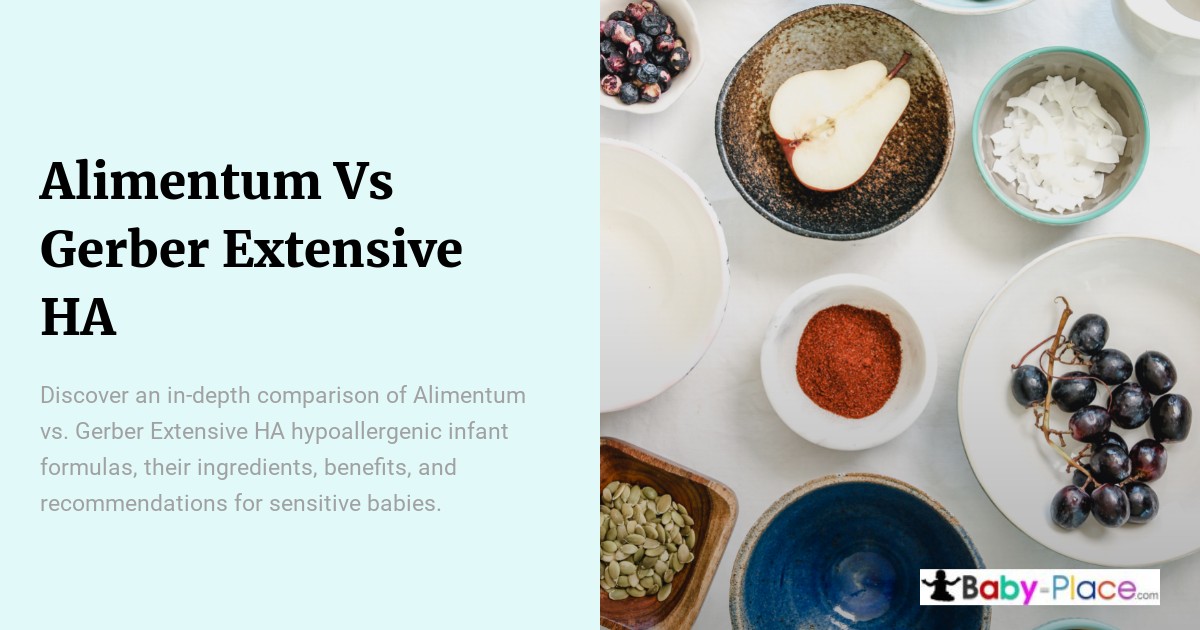
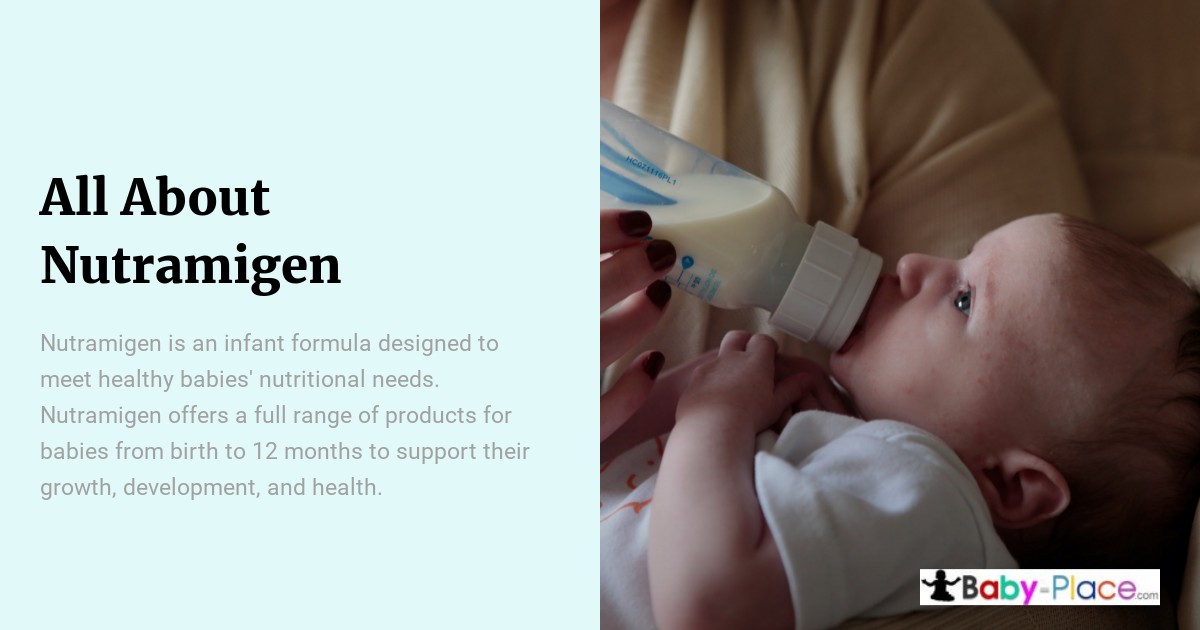
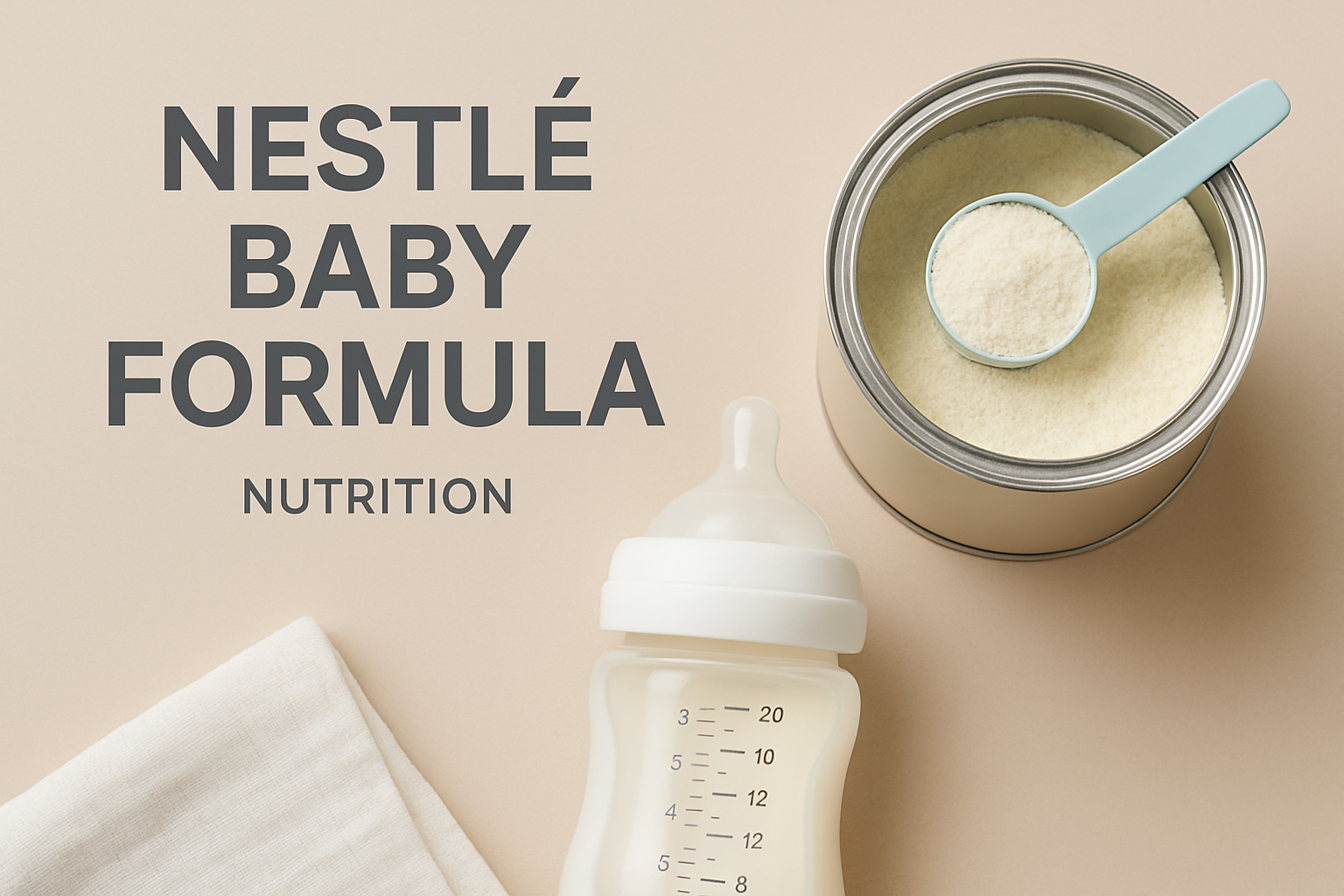
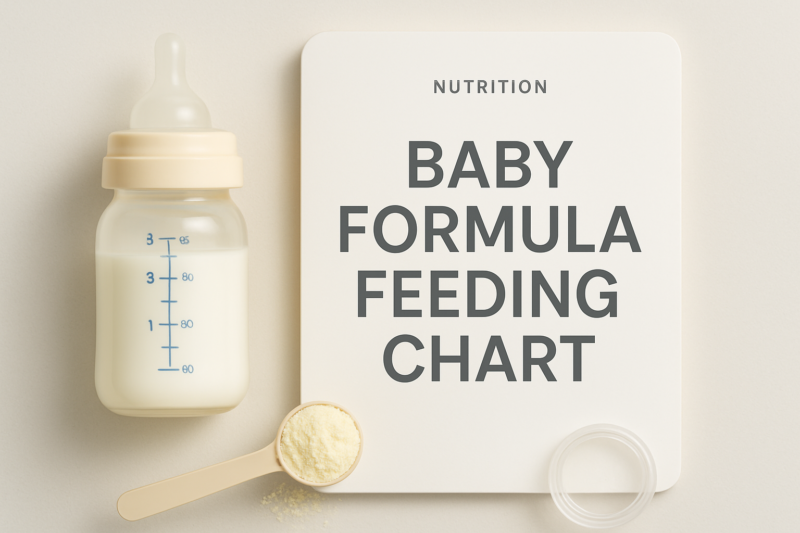
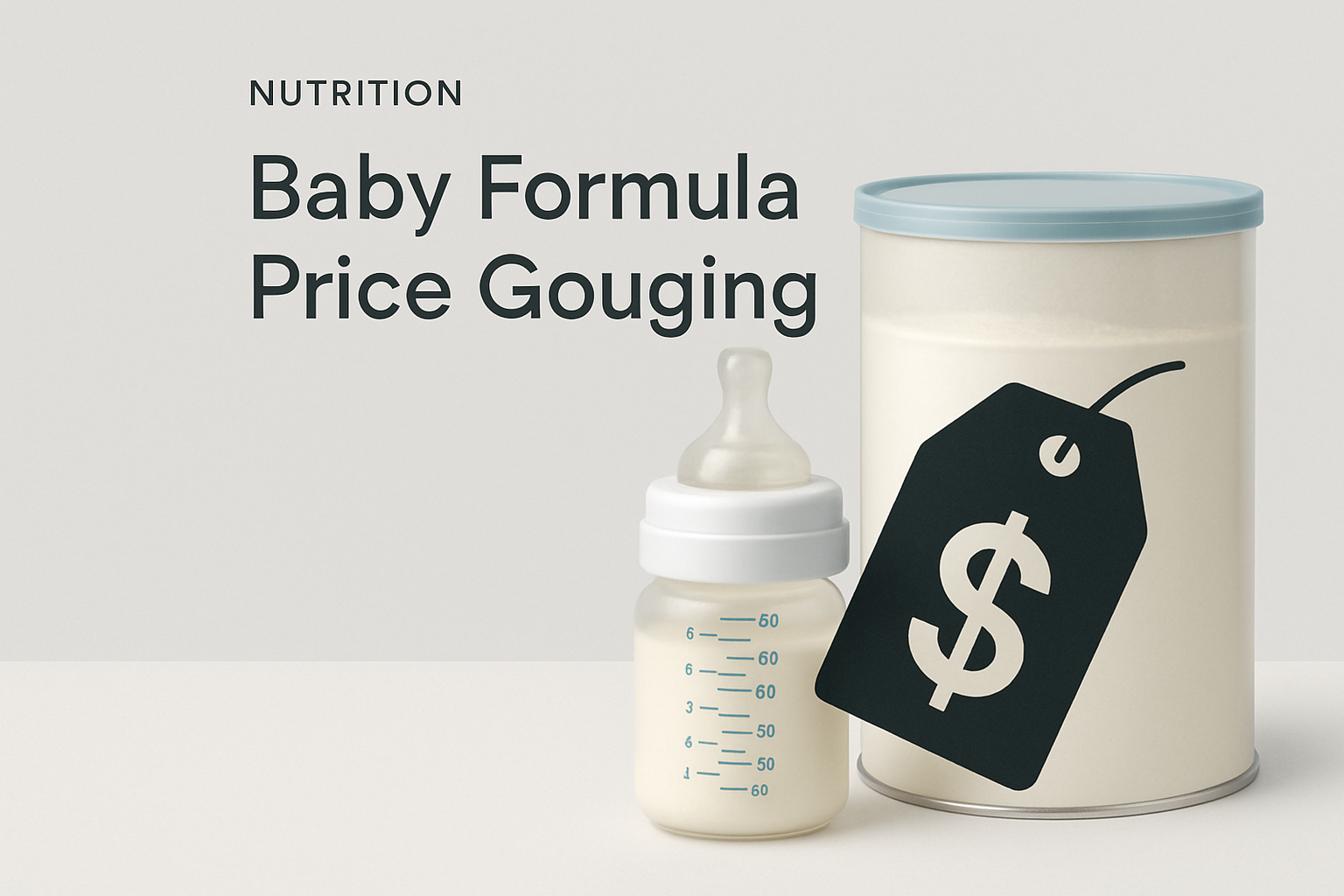

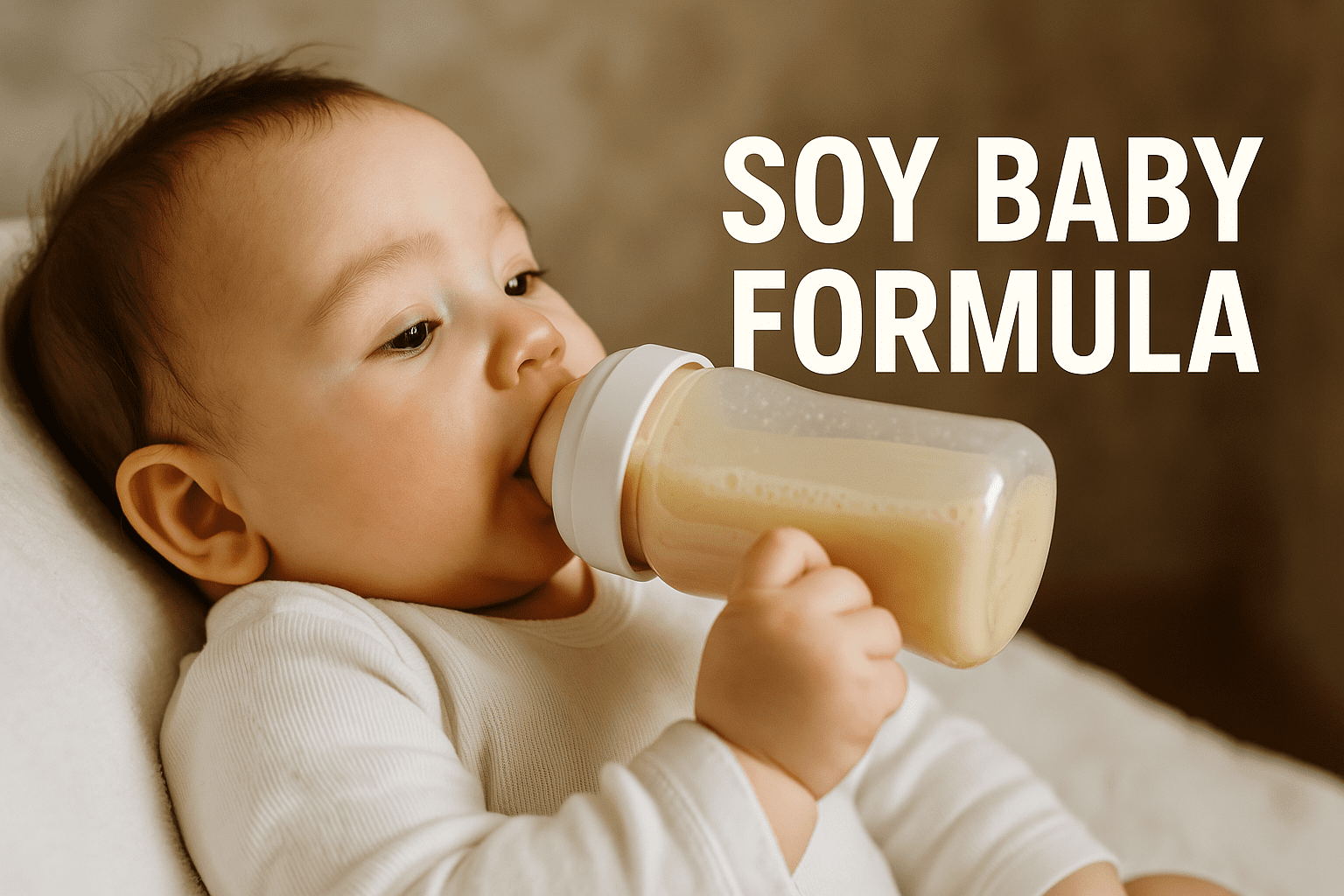
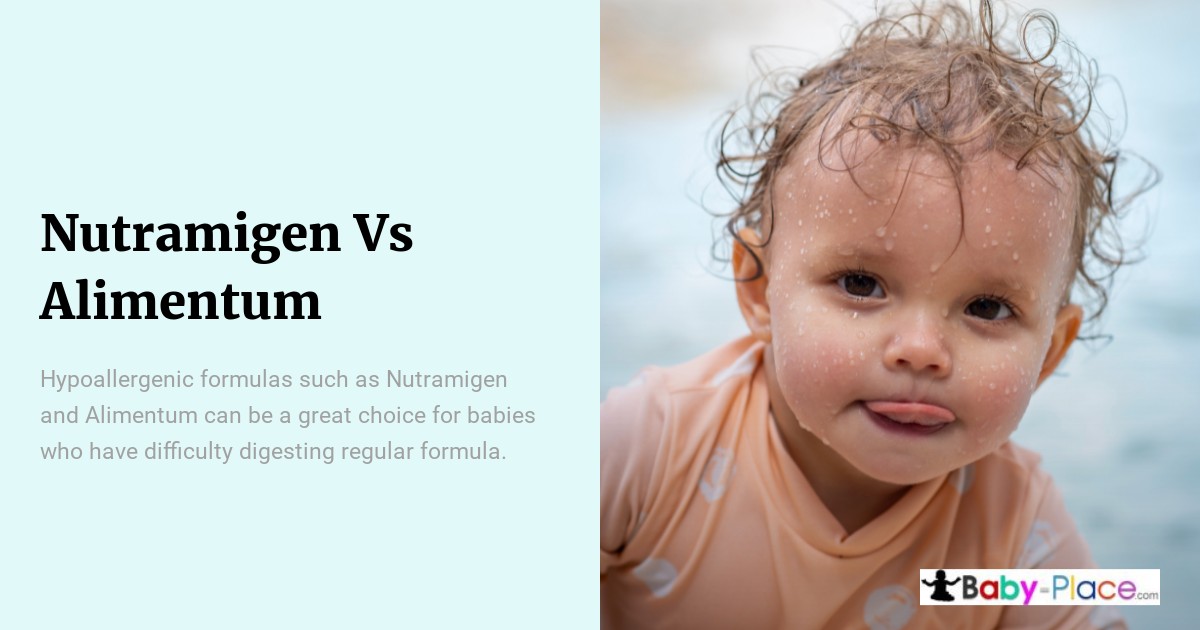
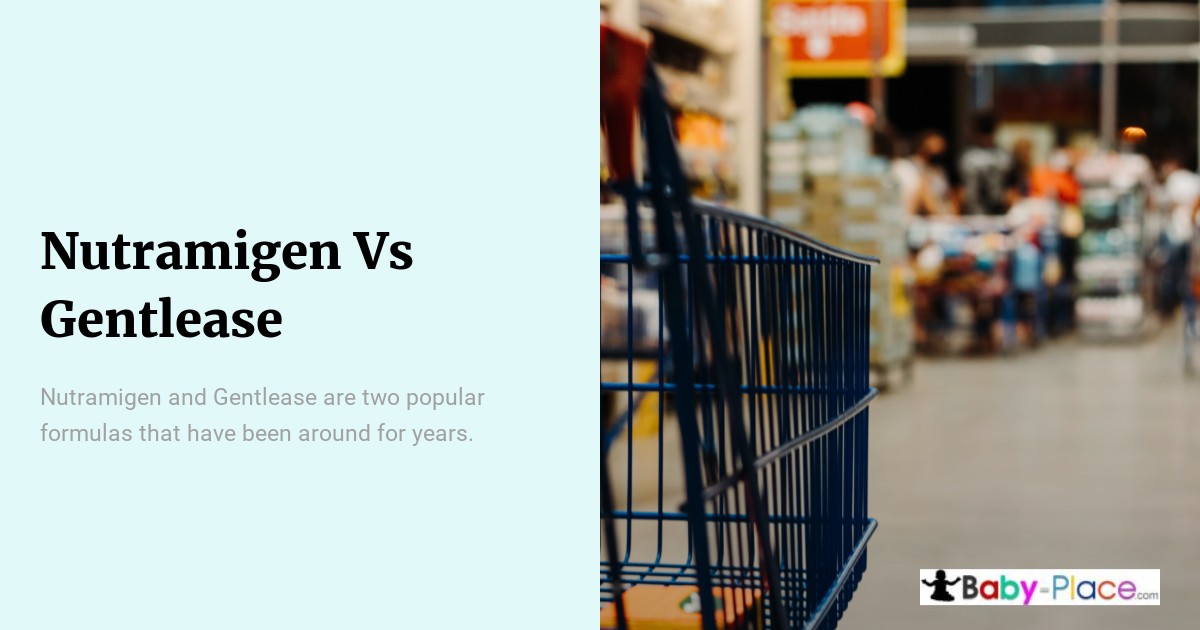
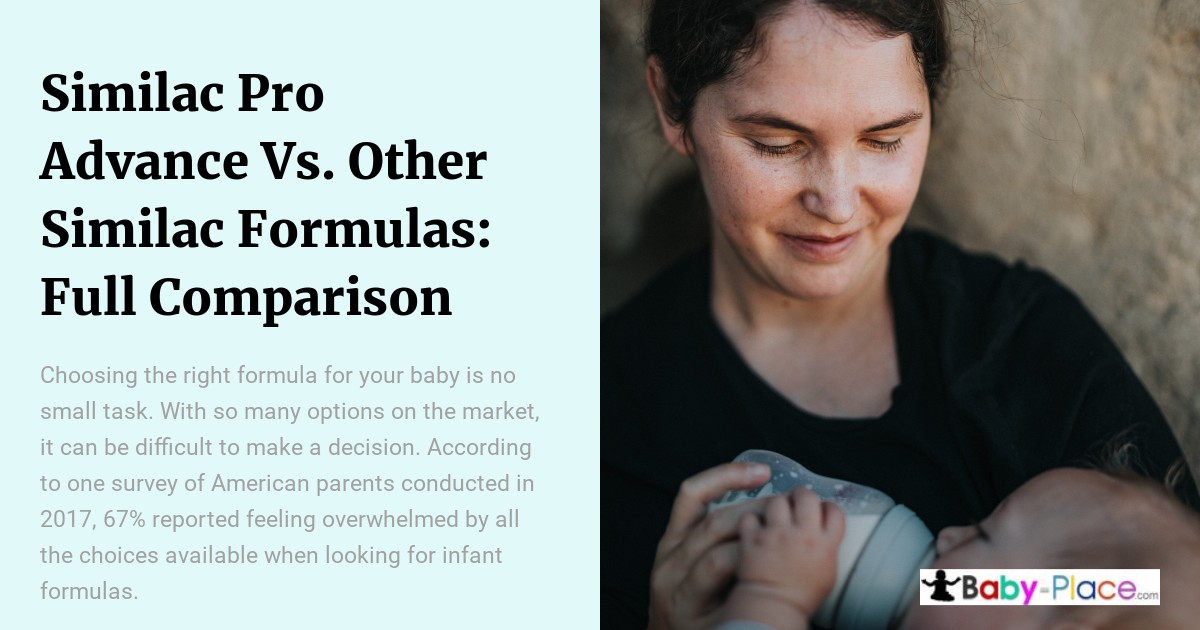
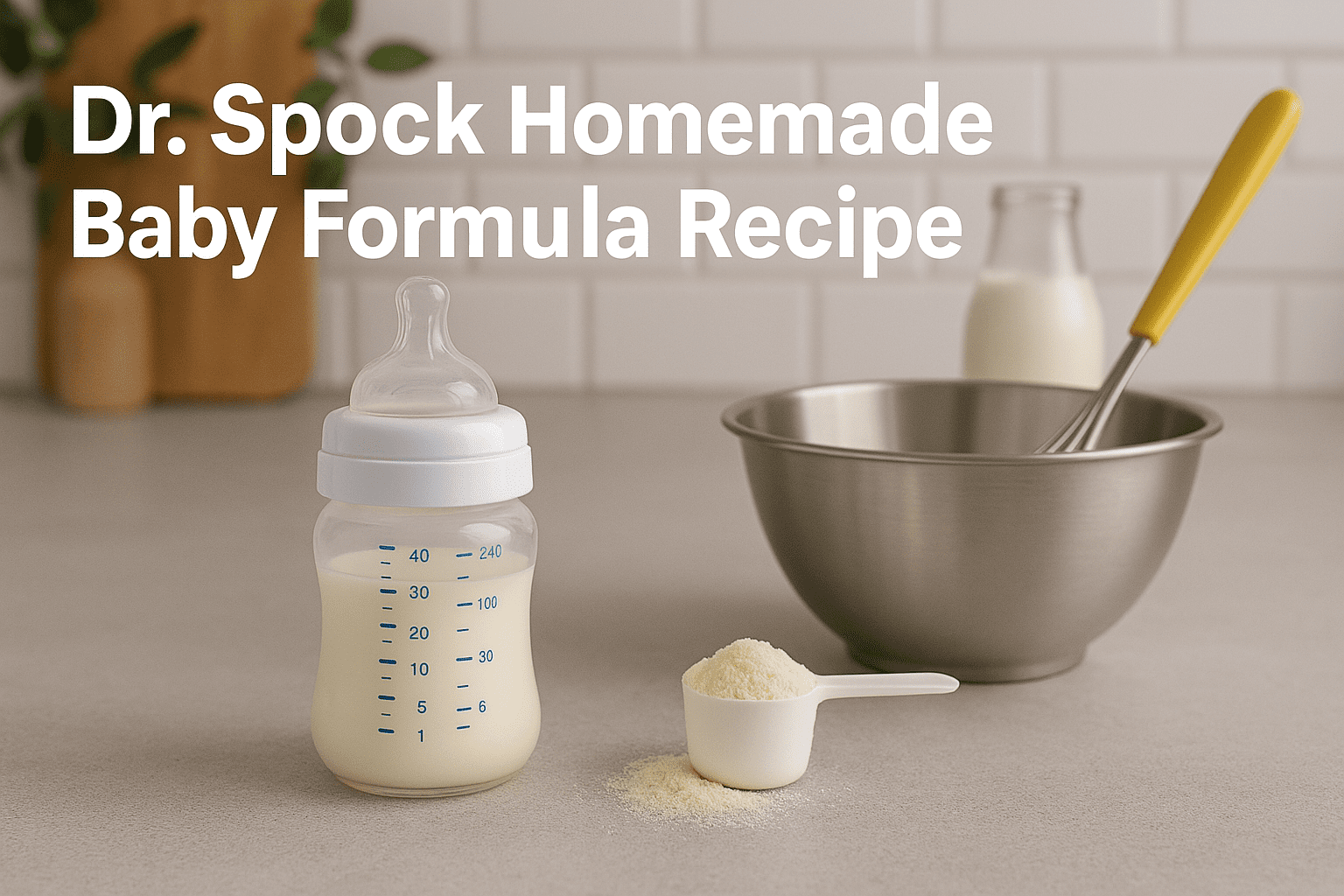
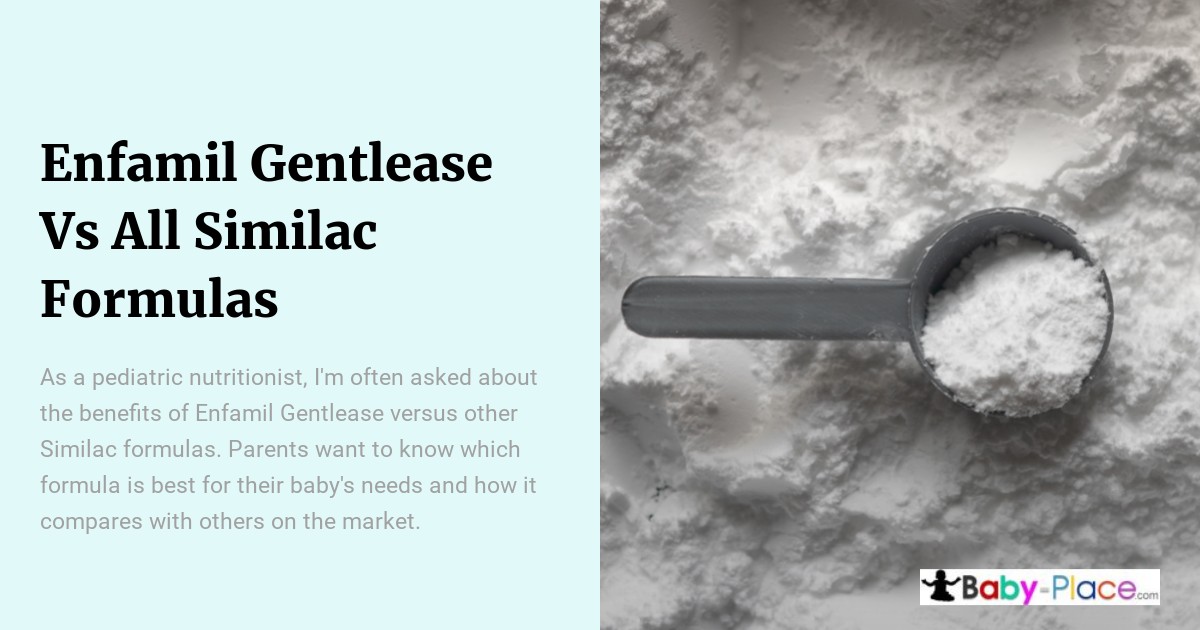
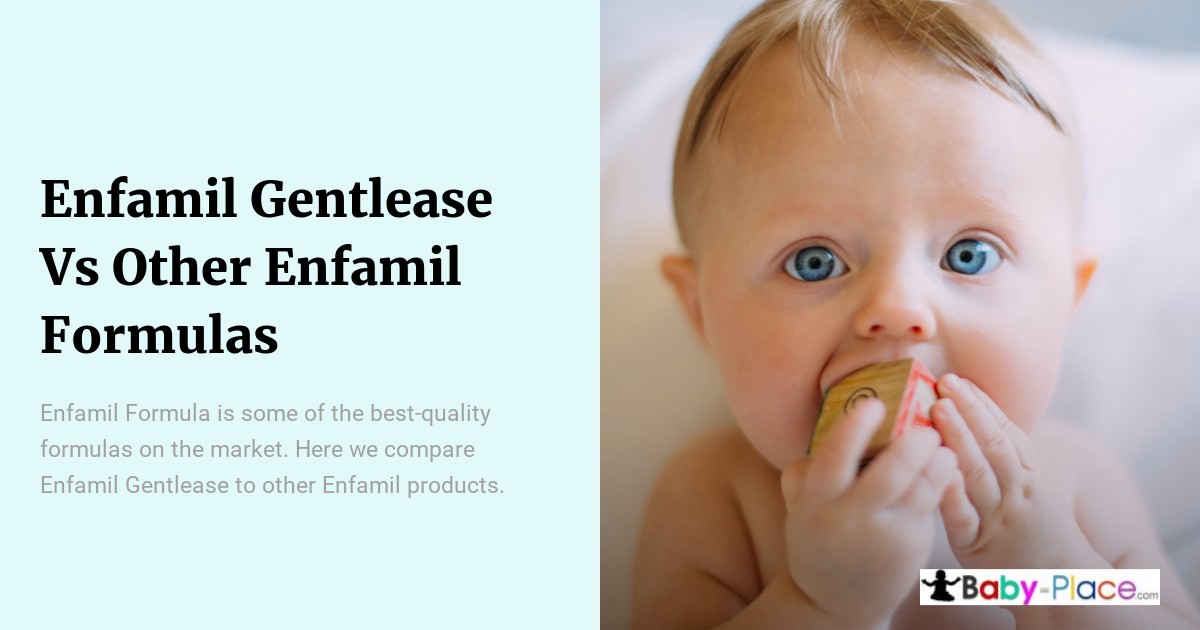


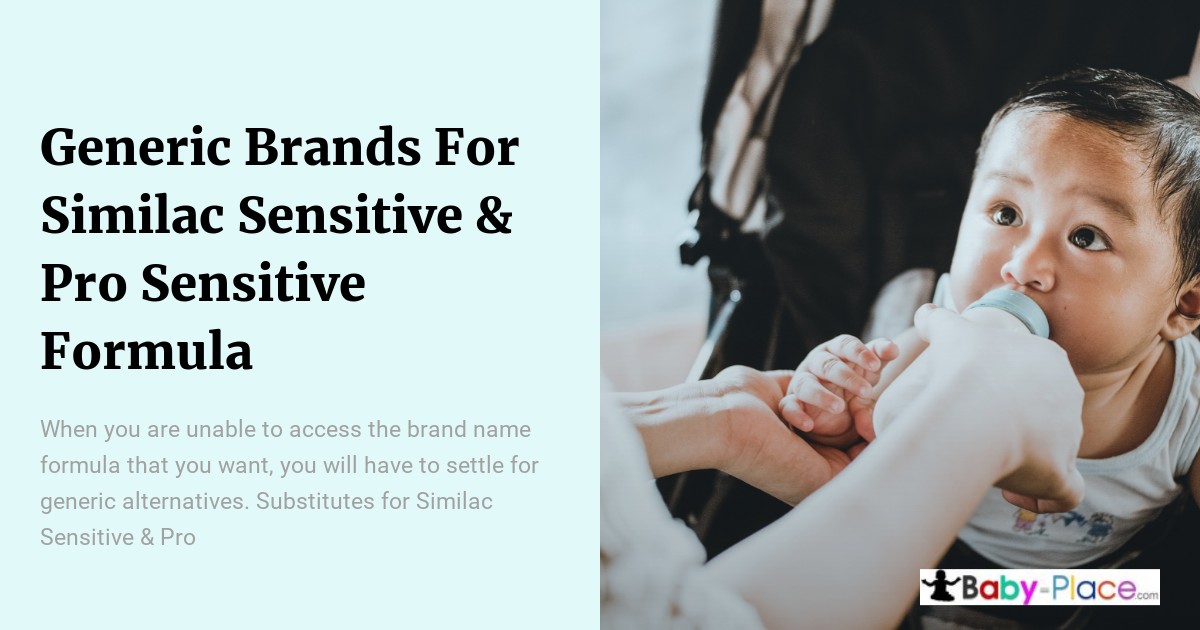

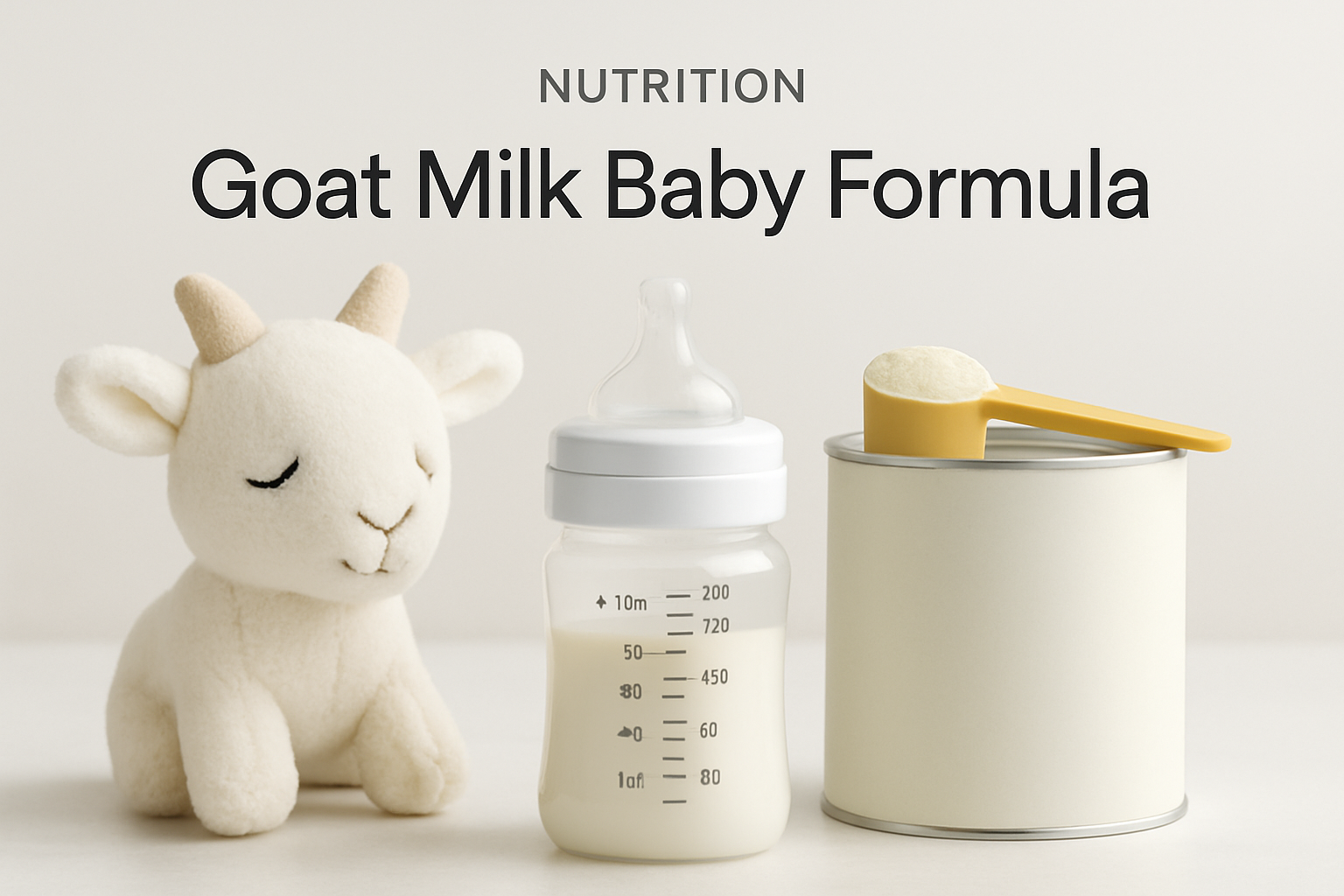
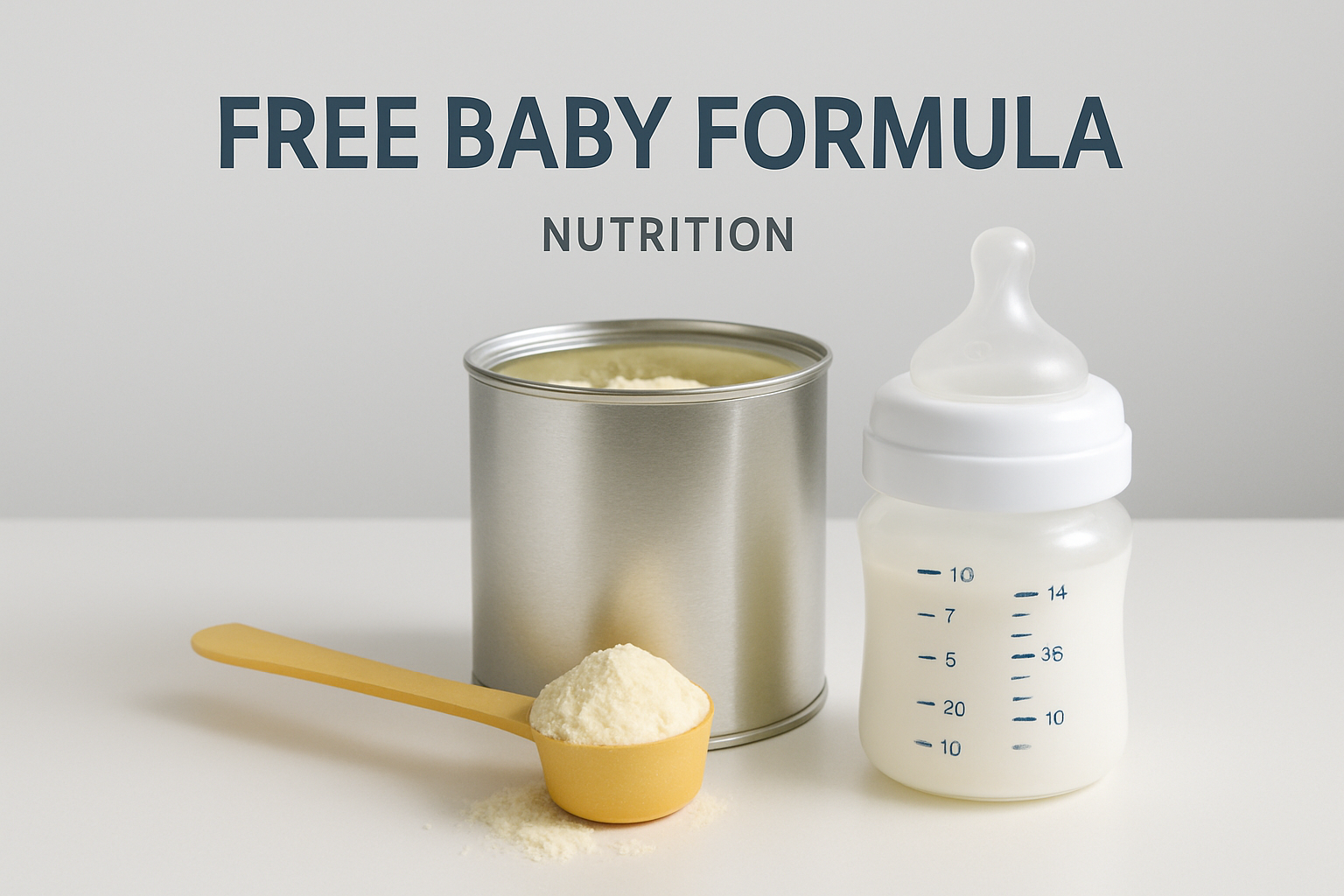
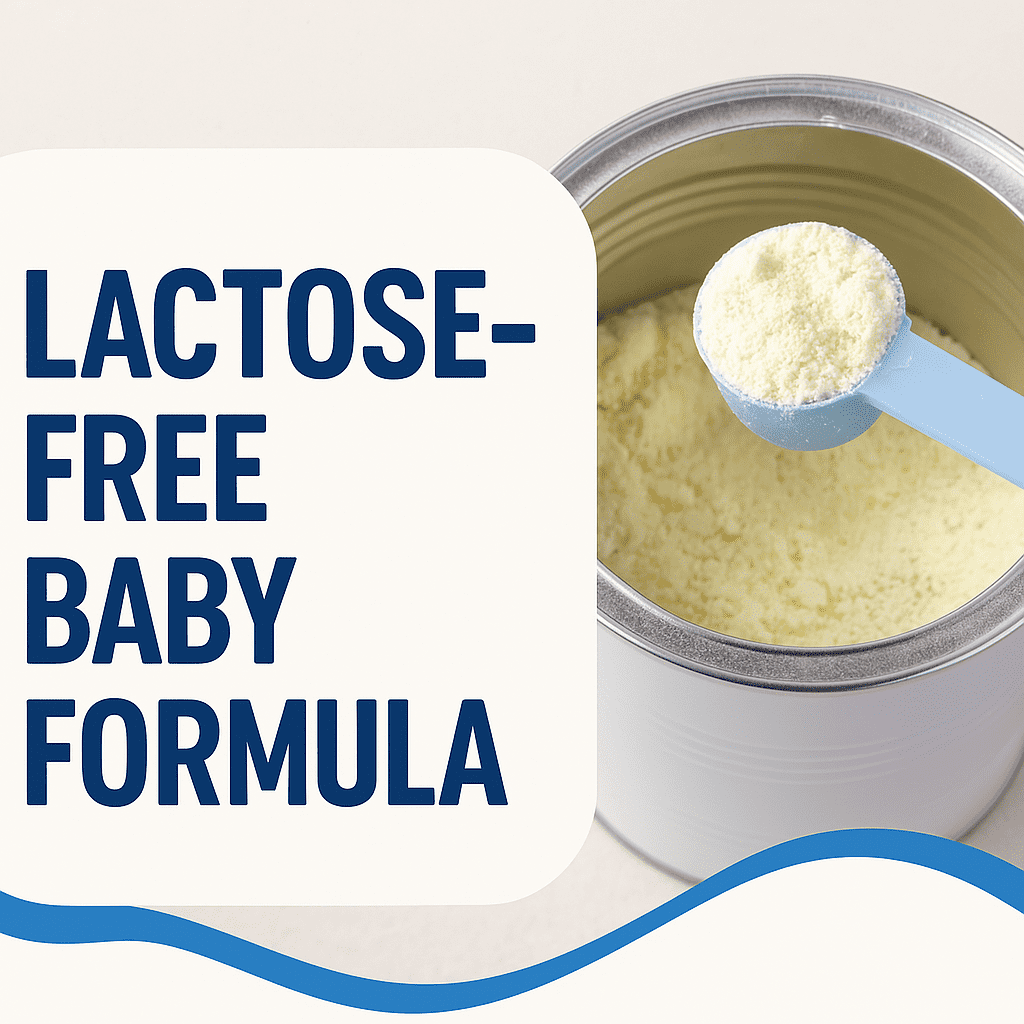


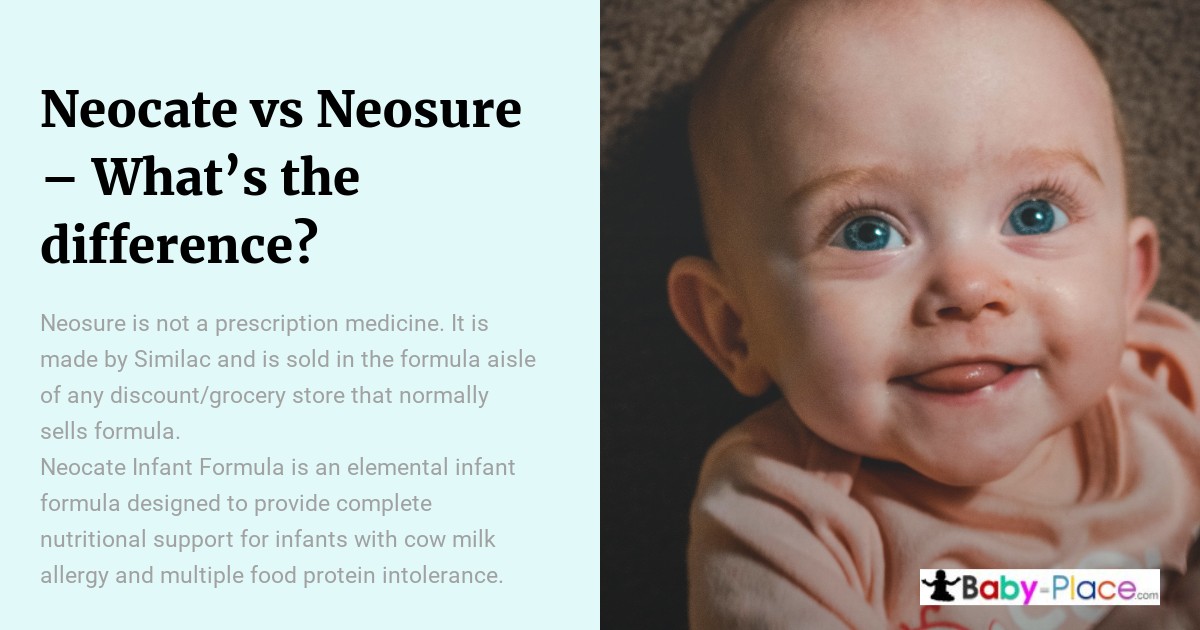
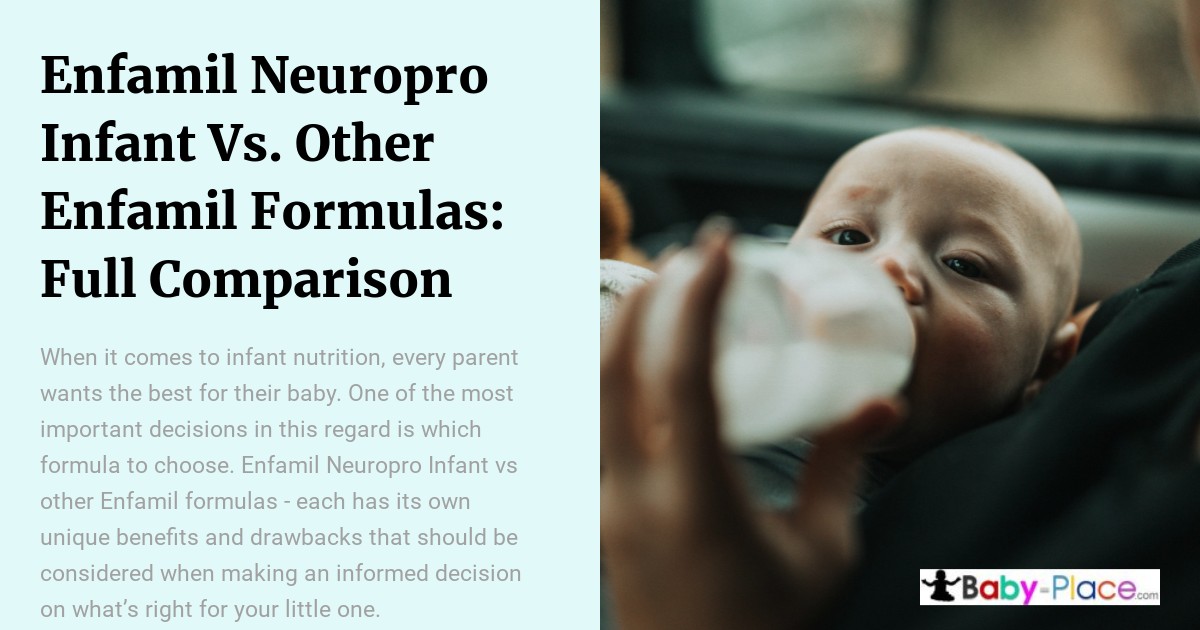
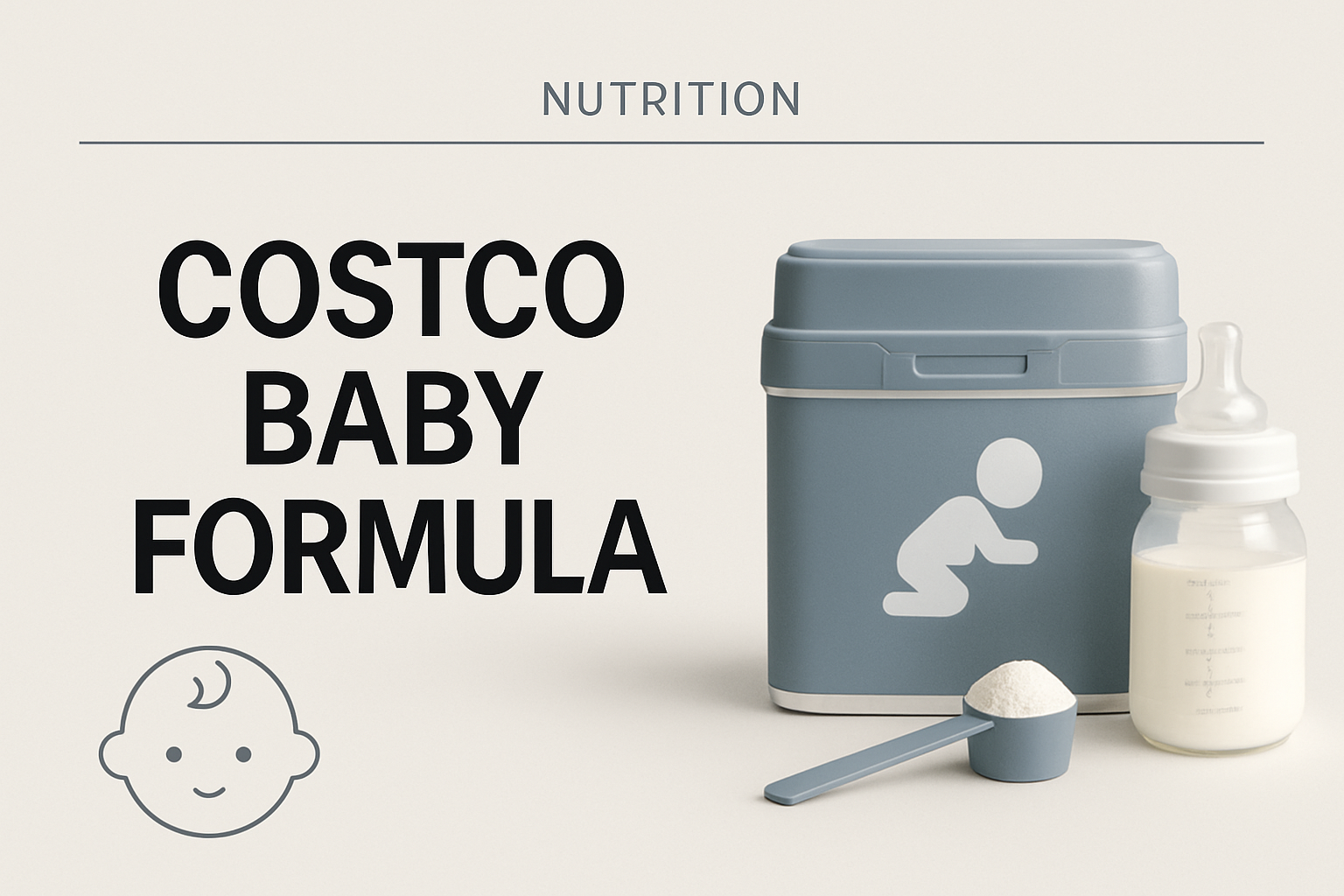
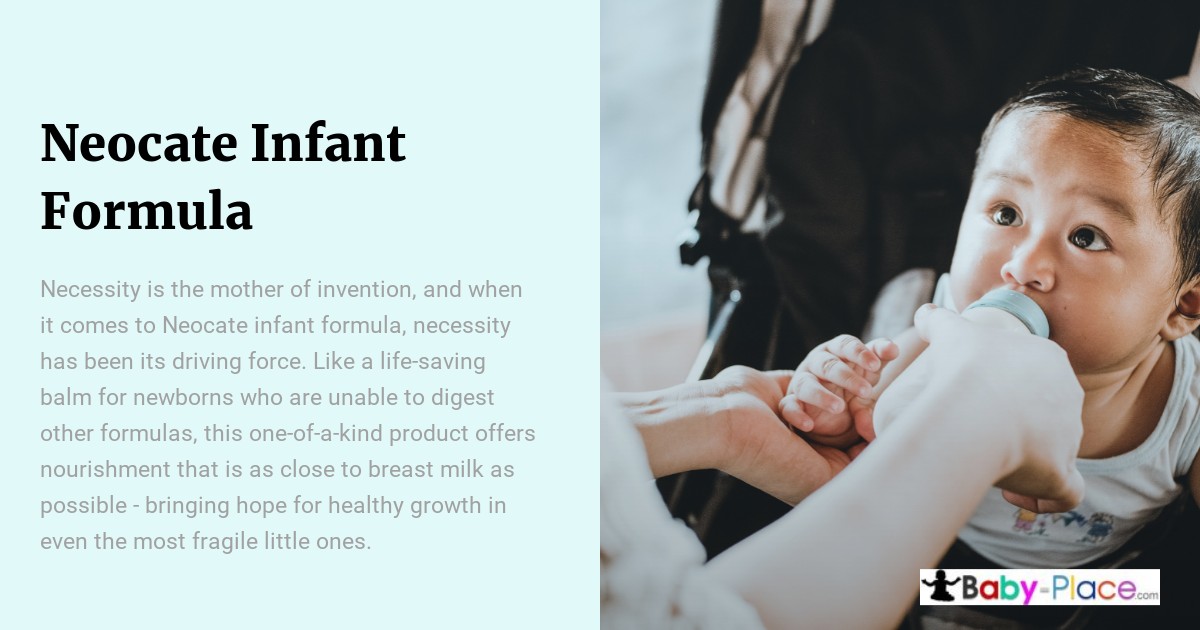
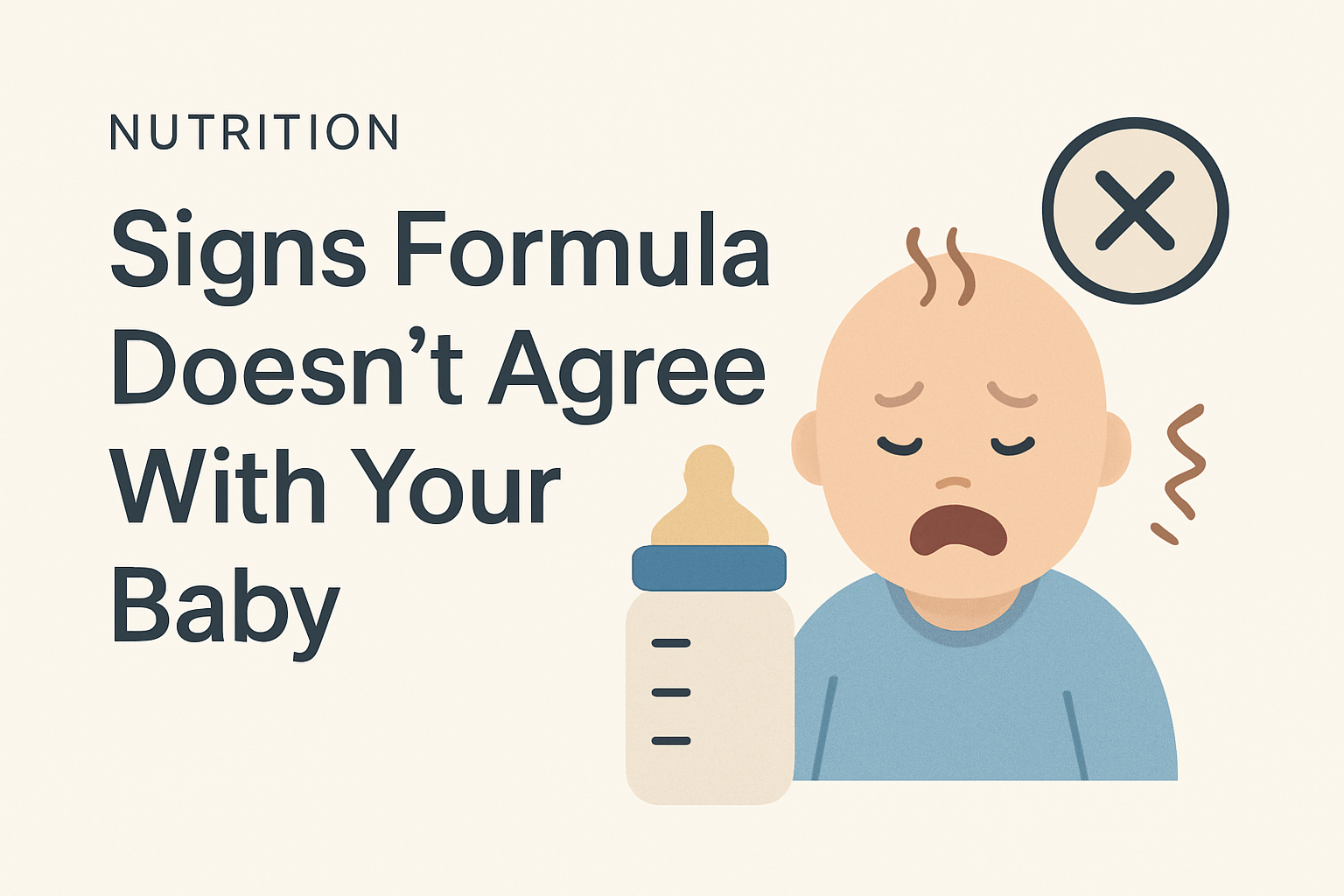
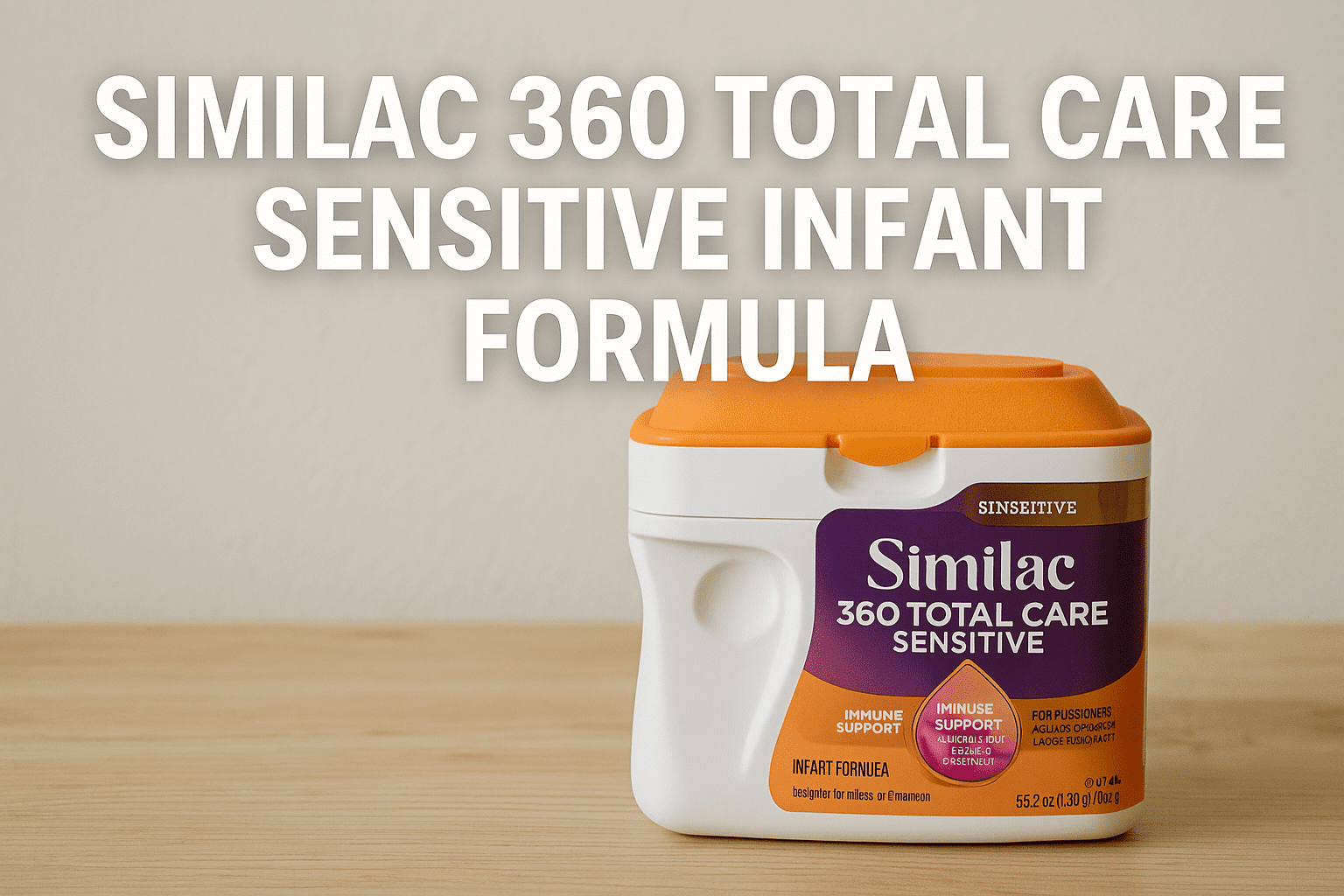


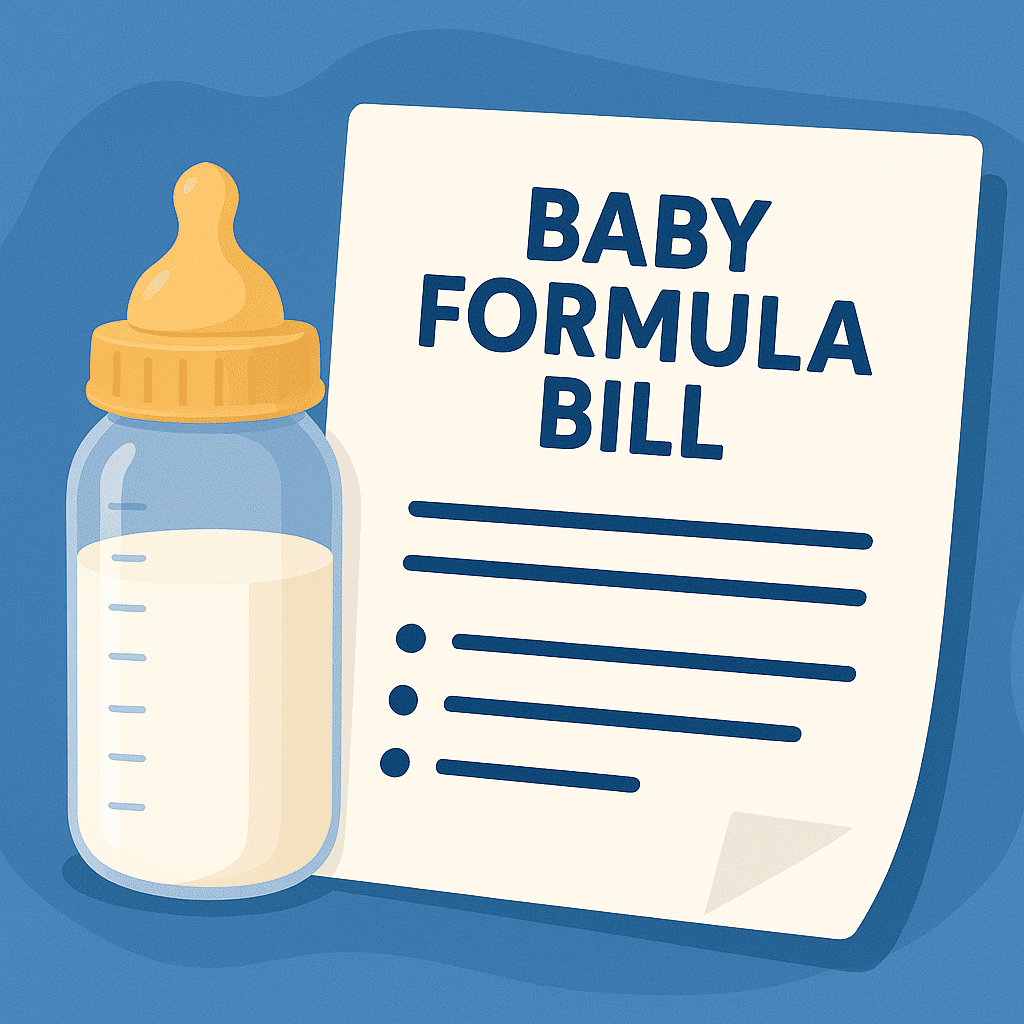
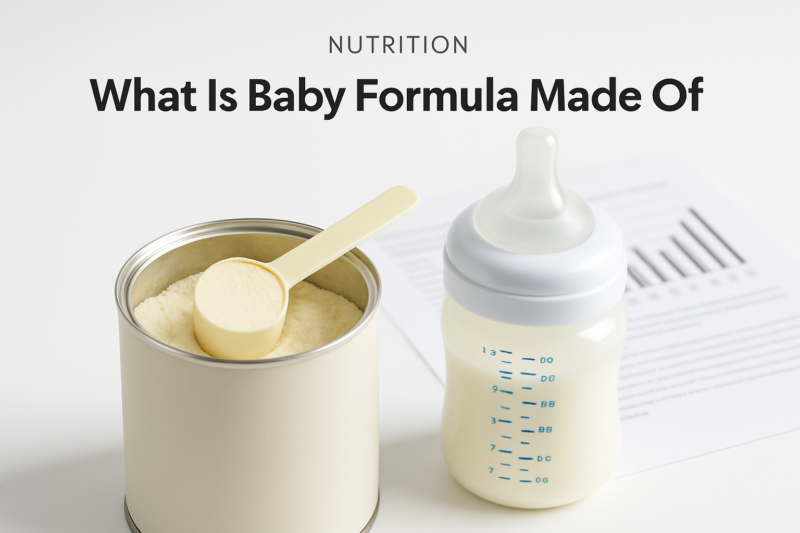

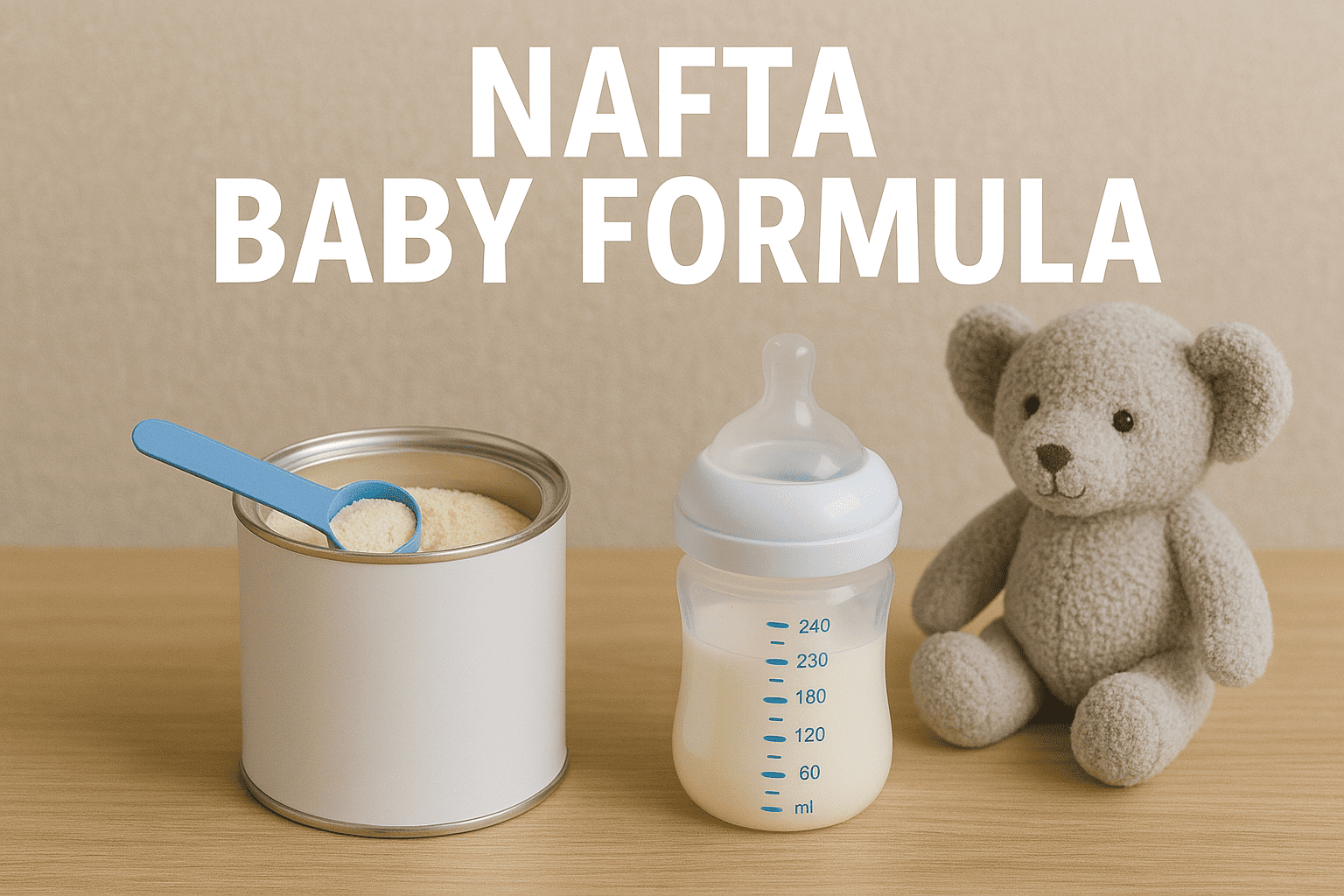
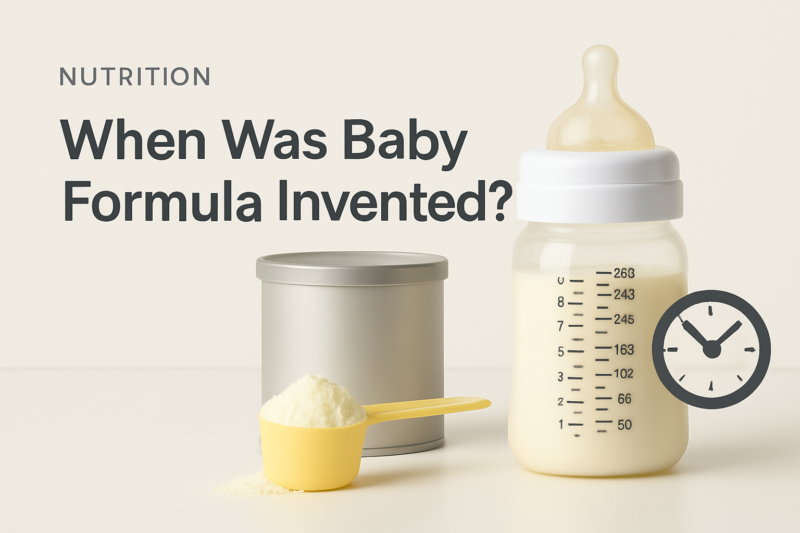
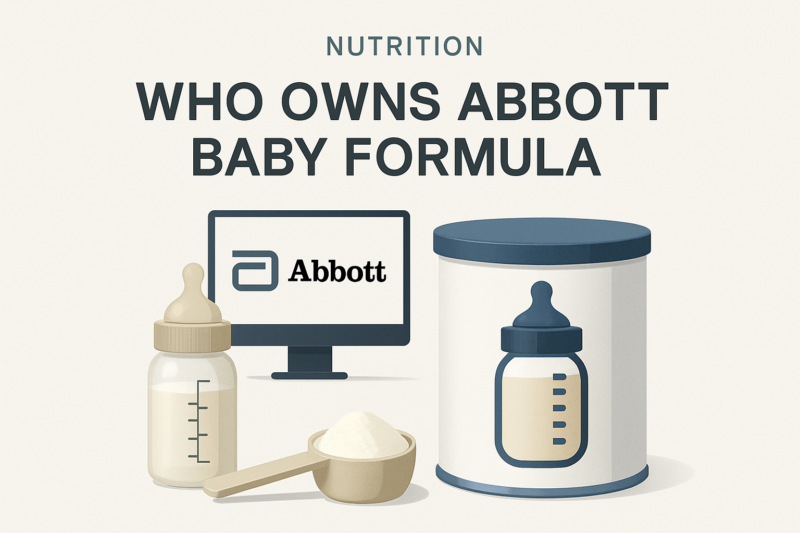
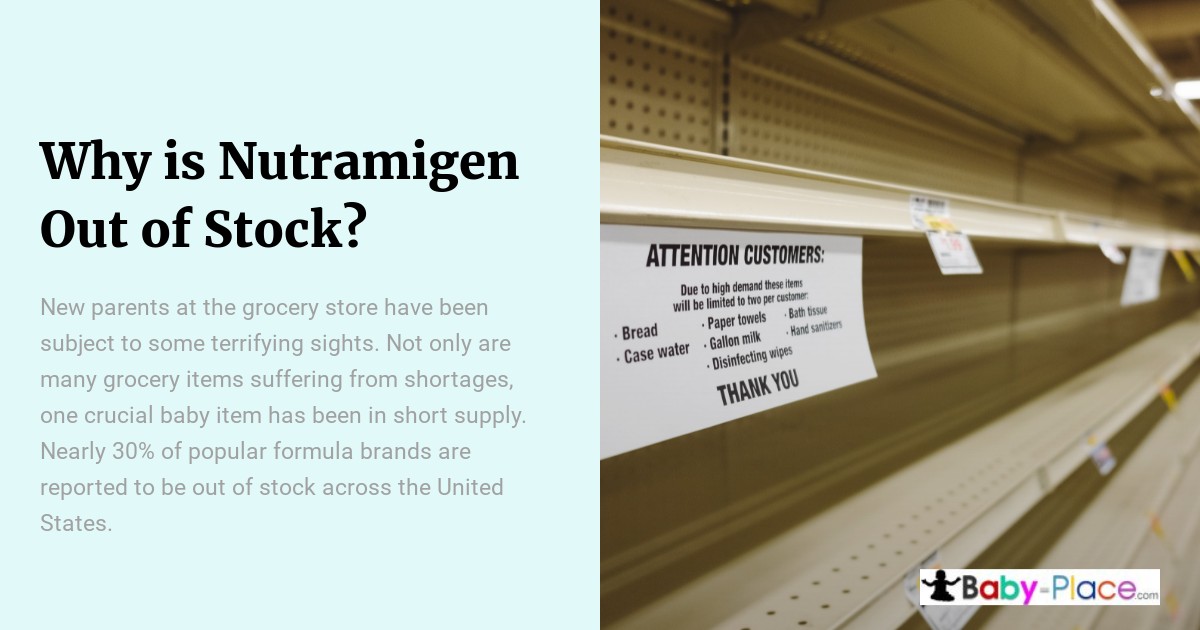
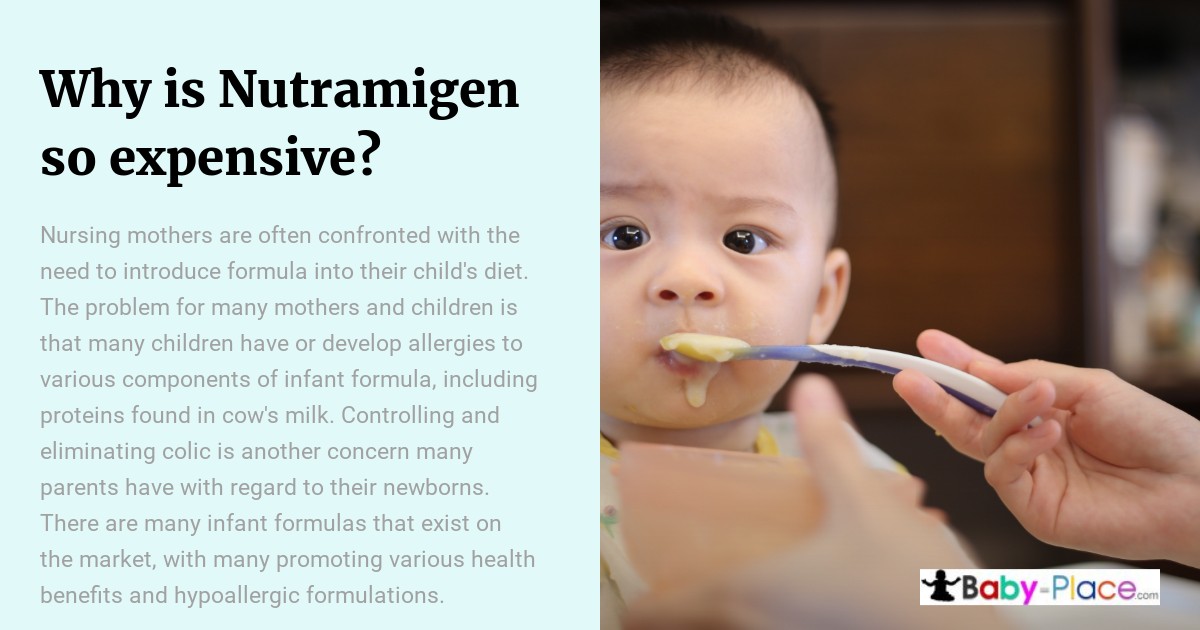
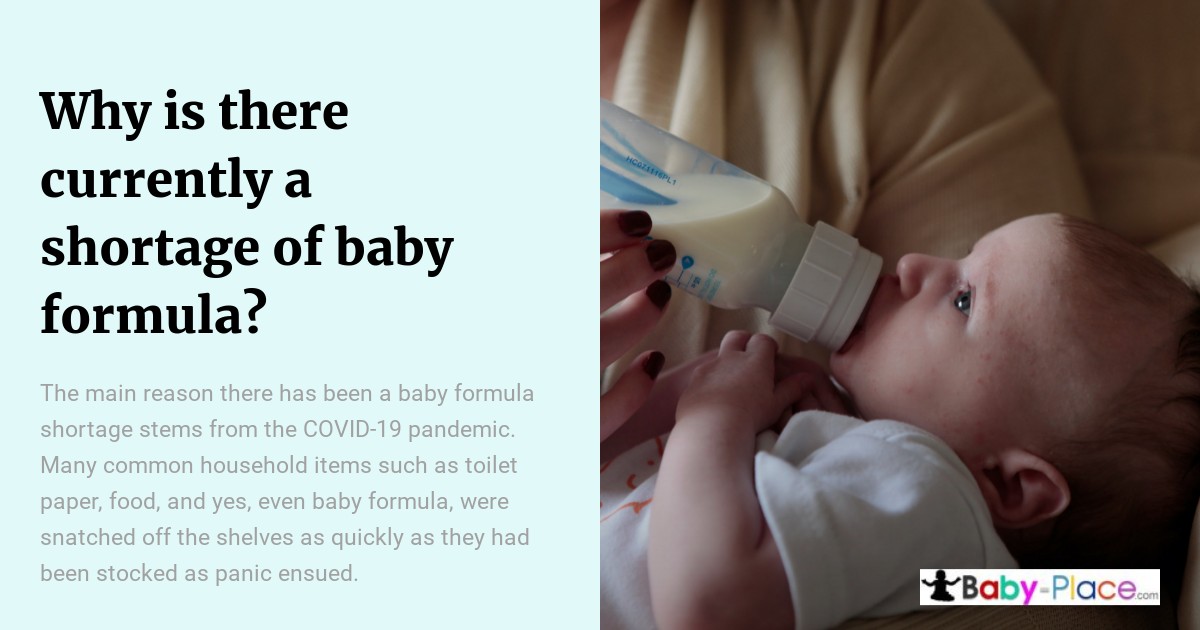

![[Recipe] Homemade Baby Formula Recipe](https://baby-place.com/wp-content/uploads/2025/04/homemade-formula-recipe-e1755526887889.png)
![[Recipe] Making baby formula at home](https://baby-place.com/wp-content/uploads/2022/12/baby-formula-recipe.jpg)